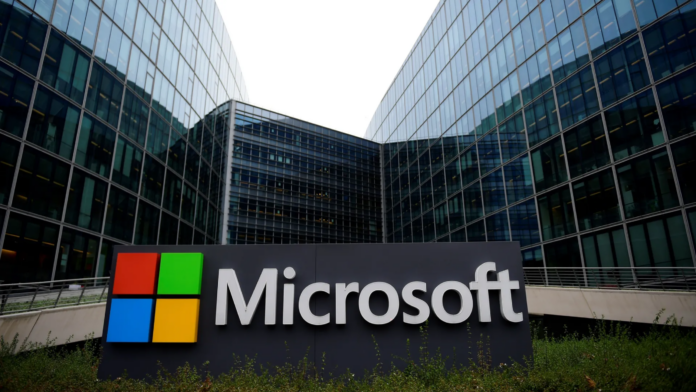In a recent startling revelation, Microsoft found itself at the heart of a cyber espionage drama, led by none other than the infamous Russian-backed hacking group, Midnight Blizzard, also known as APT29 or Cozy Bear. This narrative takes a twist away from the typical cyberattack story – the hackers were not in pursuit of customer data or Microsoft’s trade secrets. Their target was quite unorthodox: they wanted to know what Microsoft knew about them.
The breach was executed with a level of sophistication that’s become a trademark of APT29. They employed a “password spray attack” on a legacy account, which allowed them to access a small yet significant portion of Microsoft’s corporate email accounts, including those belonging to the senior leadership team and key employees in cybersecurity, legal, and other departments. This unconventional approach of seeking information about themselves marks a unique shift in hacker motivations, indicating an interest in understanding how they are perceived and tracked by technology giants.
In response to this breach, Microsoft has not only acknowledged the incident but also used it as a catalyst for change, emphasizing the urgent need to reinforce their cybersecurity measures. The company has pledged to accelerate the application of their current security standards to older systems and internal processes, despite potential disruptions. This proactive stance by Microsoft signals a commitment to fortifying their defenses against such sophisticated threats.
The backstory of APT29 is a reminder of the persistent and sophisticated nature of state-sponsored cyber operations. The group has been linked to several high-profile cyberattacks, including the SolarWinds breach in 2019 and the Democratic National Committee hack in 2015. Their consistent involvement in major cyber incidents highlights the ongoing and complex nature of cyber warfare in today’s digital era.
This incident with Microsoft is not just a breach of security; it’s a clear indication of the evolving landscape of cyber threats and the need for constant vigilance and advancement in cybersecurity measures. It’s a call to action for companies worldwide to not only react to threats but also proactively prepare for them.
As we continue to rely heavily on digital technology, incidents like these serve as a reminder of the importance of robust cybersecurity practices. In the face of ever-evolving digital threats, staying ahead in the cybersecurity game is not just an objective but a critical necessity for both individuals and corporations.
In closing, while the Microsoft breach sheds light on the sophisticated nature of modern cyber threats, it also underscores the importance of continuous evolution and reinforcement of cybersecurity strategies. As the digital world grows, so does the need for vigilant and proactive defense mechanisms in the face of sophisticated cyber threats.











